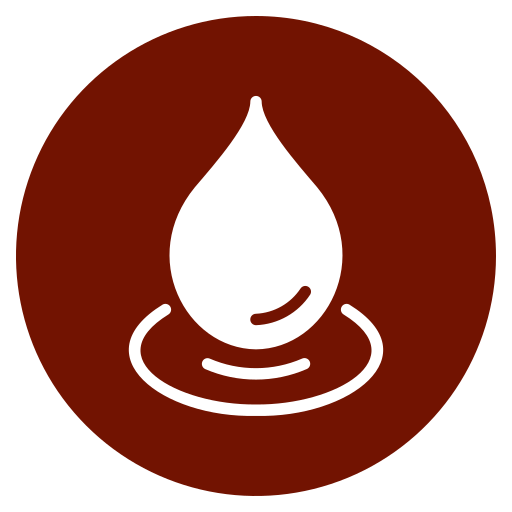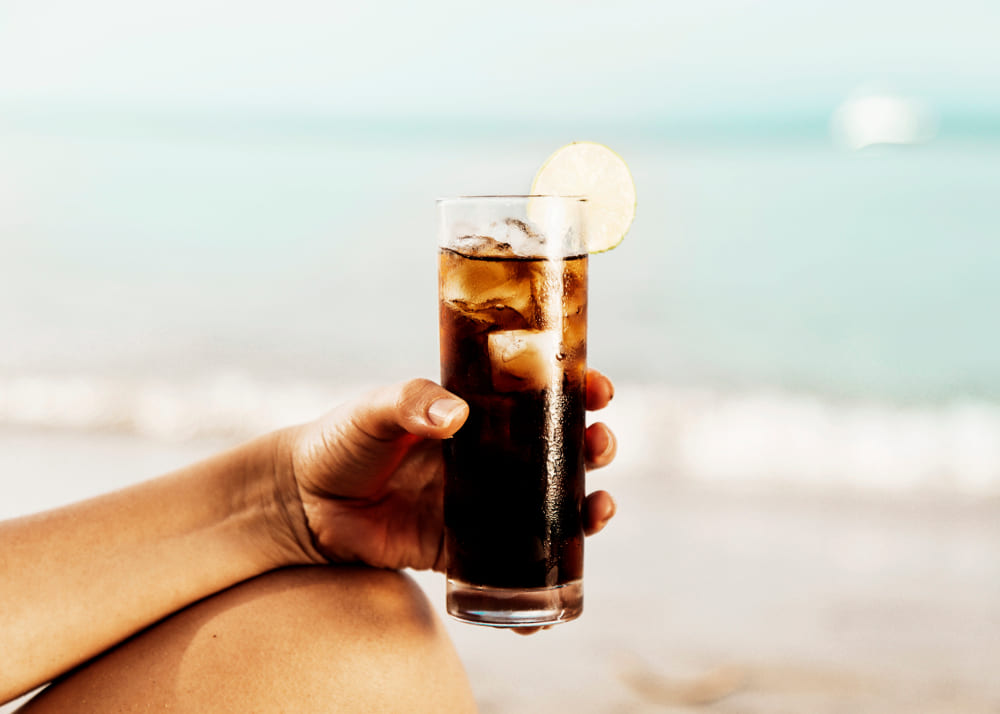Water is often taken for granted—until fatigue hits, your skin dries out, or a headache sets in. While countless beverages crowd supermarket shelves, from sugary sodas to energy drinks, not all of them do what you think they do—hydrate. The truth? Only pure water truly satisfies your body’s hydration needs.
In this comprehensive guide, we explore:
- How hydration works at the cellular level
- The effects of common beverages on hydration
- Why water is superior in both science and health
- How to make smarter hydration choices daily
And yes—we’ll tell you exactly why that sweet iced tea isn’t helping your body as much as it feels.
What Does “Hydrate” Really Mean?
Hydration isn’t just about fluid intake—it’s about water reaching your cells and supporting critical bodily functions like:
- Temperature regulation
- Joint lubrication
- Toxin elimination
- Cognitive clarity
- Skin health and elasticity
Every cell in your body depends on water to function. But when you’re thirsty and reach for a soda or a latte, your body doesn’t always reap the hydration rewards.
Sugary Drinks: A Hidden Cause of Dehydration
Sugar Pulls Water Away from Your Cells
Sugary beverages like soda, fruit punch, and energy drinks contain high levels of glucose, which raises your blood sugar levels. In response, your body pulls water from its cells to balance out that sugar—a process called osmosis. So instead of hydrating, you’re actually losing water at a cellular level.
Spikes and Crashes = More Thirst
These drinks offer a quick spike in energy, followed by a crash. They may quench your thirst temporarily, but leave you even more dehydrated after your body processes the sugar.
Health Risks of Excess Sugar
Aside from poor hydration, sugary drinks have been linked to:
- Type 2 diabetes
- Obesity
- Kidney issues
- Tooth decay
You’re not just compromising hydration; you’re overloading your system.
Caffeinated Drinks: Friend or Foe?
Diuretic Effect Explained
Caffeine in drinks like coffee, energy drinks, and even tea acts as a diuretic—it increases the need to urinate, causing the body to lose more fluids. This can potentially offset the hydration benefits you thought you were getting from that iced mocha.
How Much Caffeine is Too Much?
In small to moderate amounts (under 200–300 mg), caffeine doesn’t drastically dehydrate most people. But with large servings (like energy drinks or several cups of coffee), the diuretic effect can intensify. The body loses more water, leading to:
- Headaches
- Fatigue
- Dry skin
- Trouble concentrating
Energy Drinks Are the Worst Offenders
Combining high sugar + high caffeine = a double-dehydrating beverage. While they give a temporary energy rush, they ultimately rob your body of water and create longer-term issues with hydration and fatigue.

Sports Drinks & Flavored Waters: Better… but Still Not Water
Electrolytes vs Excess Sugar
Sports drinks do contain electrolytes like potassium and sodium, which can help rehydrate after intense exercise. But they often contain added sugars or artificial flavors that defeat their purpose for daily hydration.
Even flavored waters labeled “vitamin-enhanced” or “zero calorie” can be filled with synthetic additives or caffeine. Always check the label—if water isn’t the first (or only) ingredient, it’s not ideal for hydration.
Why Water Is the Gold Standard for Hydration
Water has zero calories, zero additives, and no side effects. It is:
- Quickly absorbed into the bloodstream
- Efficiently used by your organs and cells
- Flushes out toxins without pulling from your system
- Supports digestion, skin health, and mental clarity
Unlike sugary or caffeinated drinks, water actually hydrates your cells without overloading your liver, kidneys, or insulin response.
Hydration Comparison: Water vs Other Drinks
| Beverage Type | Hydration Quality | Sugar | Caffeine | Long-Term Effects |
|---|---|---|---|---|
| Pure Water | ★★★★★ | 0g | 0mg | Optimal hydration |
| Soda | ★☆☆☆☆ | 30–40g | 0–50mg | Dehydrates, adds calories |
| Coffee | ★★☆☆☆ | 0g | 95mg | Mildly dehydrating |
| Energy Drinks | ★☆☆☆☆ | 20–50g | 80–150mg | Dehydrating and taxing on heart |
| Sports Drinks | ★★★☆☆ | 14–30g | 0–50mg | Useful in high exertion, not daily use |
| Flavored Water | ★★☆☆☆ | 0–15g | 0–50mg | Depends on brand; can contain additives |
How to Build a Water-First Lifestyle
1. Start Your Day with Water
Your body wakes up dehydrated. Skip the coffee as your first drink—grab a full glass of room temperature water instead to kickstart digestion and circulation.
2. Carry a Reusable Bottle
This makes it easier to measure and track your intake. A bottle from the LivWit Collection is a perfect hydration partner—insulated, ergonomic, and leakproof. Form meets function.
3. Drink Water Before Every Meal
This helps prep your digestive system and can prevent overeating, too.
4. Listen to Thirst, But Don’t Rely on It
By the time you feel thirsty, you’re already mildly dehydrated. Build a schedule around regular water intake rather than waiting on thirst cues.
5. Replace 1 Sugary Drink a Day with Water
It’s a simple but powerful switch. Do this consistently and watch your energy, skin, and clarity improve.
What About Coconut Water or Herbal Teas?
These are better alternatives to soda or coffee but still secondary to water. Coconut water contains natural electrolytes and herbal teas are generally caffeine-free—but always be mindful of sweeteners or flavor enhancers.
Conclusion: Choose Water First, Always
There’s a reason athletes, nutritionists, and doctors all recommend water: it’s the most natural, efficient, and powerful way to hydrate your body. Other drinks may promise energy, flavor, or health—but they often do more harm than good when it comes to true hydration.
💧 So the next time you’re thirsty, don’t second-guess it. Reach for your LivWit water bottle and give your body exactly what it needs.
Ready to Make the Switch?
Explore the full line of sleek, sustainable water bottles at the LivWit Shop.
Have questions about healthy hydration habits or want personalized tips? Contact Us today—we’re here to help you thrive, one sip at a time.

